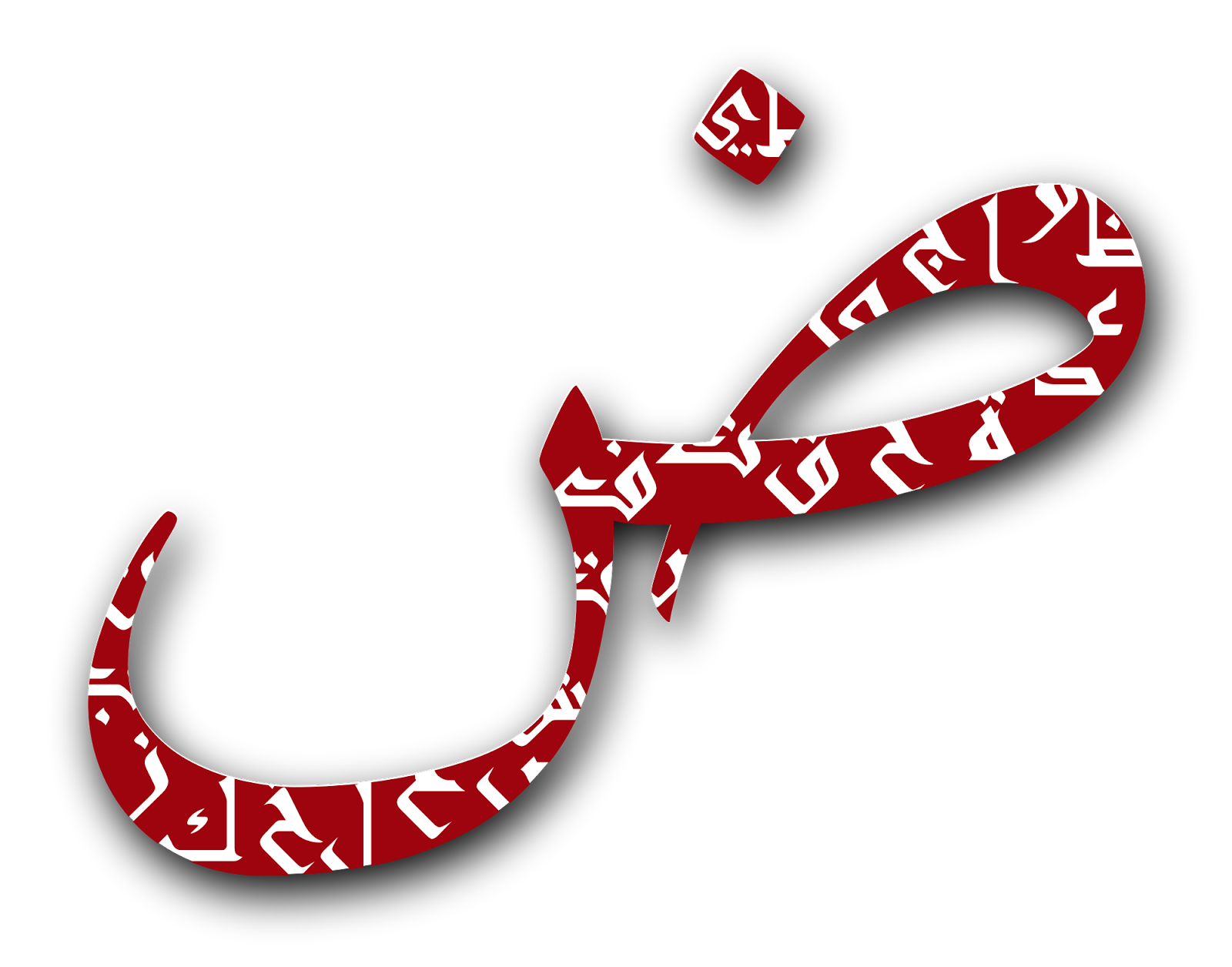To be or not to be? Arabic simply said :bugs-no: to verb to be :gigachad-hd:
Yes, we don’t use verb to be (in the present tense).
In Arabic, we have two types of sentences:
If a sentence begins with a noun (or pronoun), that’s a nominal sentence.
If a sentence begins with a verb, that’s a verbal sentence.
Let’s talk about the nominal sentence. It refers to the present tense, and does not require verb to be. It consists of two parts:
مُبتَدَأ
mubtada’ the subject of a nominal sentence (literally means the noun that starts the sentence)
خَبَر
khabar the predicate of a nominal sentence “the comment”. The word also means a piece of news.
Examples:
أَنتَ أَحمَد
You [are] Ahmad ‘anta ‘aHmad
عَلي سَعيد
Ali [is] happy عalii saعiid
More examples
هَذا كَلب
This [is] a dog hazaa kalb
الكَلب سَريع
The dog [is] fast al-kalb sariiع
Arabic doesn’t have an indefinite article fyi.
Think of it this way: when you read or hear a sentence that begins with a noun, that is a “setup” and so you’d just wait for the “punchline” i.e. the predicate (خبر, comment, news).
This means you can express a lot in Arabic without knowing any verbs :cool-bean:
Verbal sentences:
A verbal sentence starts with a verb, and has this basic word order: verb + subject + object or complement.
فَتَحَ الكَلب الباب
The dog opened the door fataHa al-kalb al-baab
كَتَبَ الوَلَد اِسمه
The boy wrote his name kataba al-walad ‘ismh
More examples
وَجَدَ الكِتاب
He found the book wajada l-kitab
وَجَدَت الكِتاب
She found the book wajadat al-kitab
Choose the correct answer
خَ + ل + م + مَ + ف = ؟
1) جَلممَف
2) خَلممَف
3) خَاممَف
4) خَلمَّف
Transliterate your answer.

It’s all about how we do verb conjugation. In Arabic verb conjugation not only tells you the number (singular, dual or plural) but also the gender of the subject. So there is no need to include a pronoun subject.
he found = وَجَدَ just one word in Arabic, the conjugated verb. We can include a pronoun subject if we wanna add emphasis for example, وَجَدَ هو ‘he found’
Yes that is how we’d say it
Yeah, and it’s used in Arabizi. It’s because of the similarity between 7 & ح.